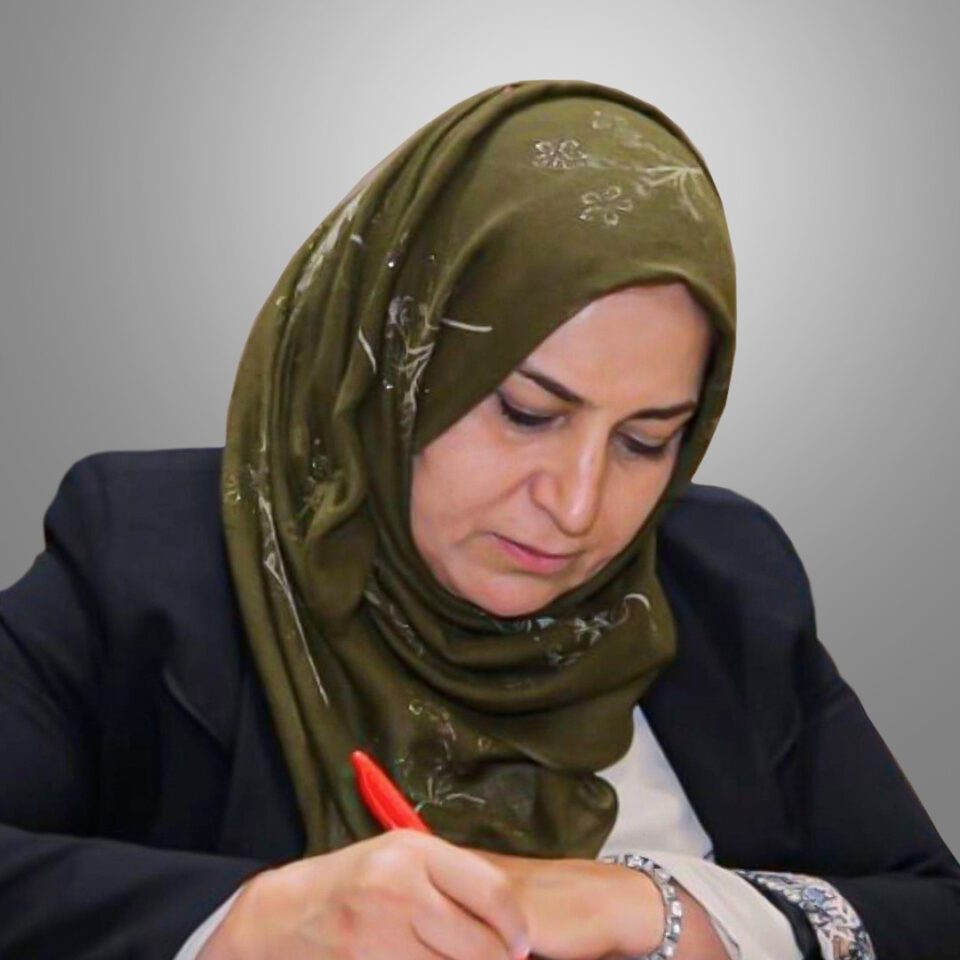By | Dr. Nazaket Hussen
Iraq is a country of diverse national, ethnic, and religious groups. Laws and decisions must be made by consensus.
Managing a multi-national, ethnic, and religious society is challenging. It requires significant effort and time to make decisions and draft a constitution that can establish a government capable of providing political and social stability.
Although most societies worldwide are moving towards pluralism and cultural integration, developed societies have already embraced pluralism as the foundation of their educational systems and governance. It has become ingrained in the culture of both citizens and politicians. Unfortunately, Iraq has struggled in this area throughout its history. After the liberation from dictatorship, coalition countries aimed to establish a governing body and create a national media that promotes pluralism and instills it in Iraqi society.
Numerous international organizations also entered the country, working to foster coexistence, pluralism, democracy, and human rights. However, these efforts were short-lived, as Iraq’s government leaned towards authoritarianism, unilateralism, and the dominance of a single sect. The government worked to marginalize and exclude other groups from the political arena.
The war with ISIS exacerbated divisions and fueled hatred and a desire for revenge among some groups. The Kurds, as observed by international bodies and political analysts, have consistently shown a willingness to accept and promote coexistence and stability. They have played a crucial role in embracing pluralism in Iraq, particularly in the Kurdistan Region, often sacrificing their rights and entitlements for this purpose.
However, regional and foreign forces opposed this progress and sought to undermine the principles of coexistence and pluralism in Iraq. This culminated in the government’s failure to implement provisions of the Iraqi constitution that were agreed upon by all components of the Iraqi people.
One group was given exclusive control over administration and decision-making, leading to sectarian domination and the marginalization of others. This began with the election law and escalated to the amendment of personal status laws to reflect the values of a particular sect, which is alien to the majority of the population and contradicts both human rights and international laws that protect the rights of individuals, women, and children.
The current regime in Iraq is driving the country towards disaster, risking clashes and internal wars. Furthermore, Iraq is being stripped of its cultural and civilizational heritage, regressing to the conditions of the Middle Ages. This is a direct result of the dominance of a faction within a particular sect, leading to the erosion of religious, political, social, and economic stability. The consequences of this instability will likely extend throughout the entire Middle East.
Now, more than ever, Iraq needs the support and assistance of the international community and human rights organizations to intervene swiftly. They must prevent any changes to laws and decisions that could lead to further conflicts and wars.
Iraq is a country of pluralism, and its survival depends on consensus in decision-making and governance. All people of goodwill must work to eliminate ideologies that promote hatred and the erasure of others, ensuring that no group, sect, or party undermines what all components of the Iraqi people have agreed upon.

